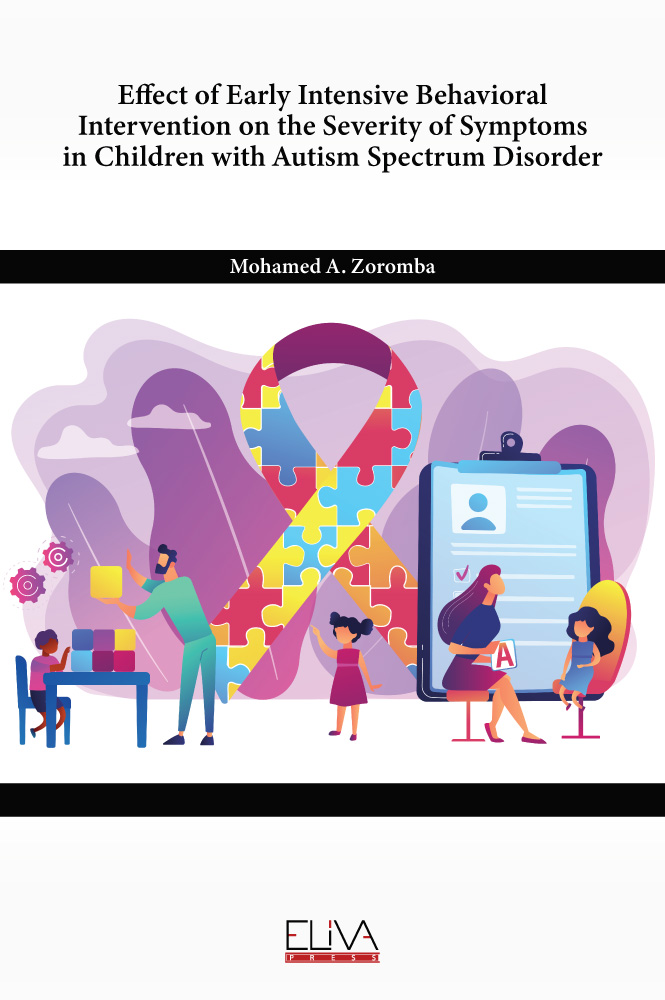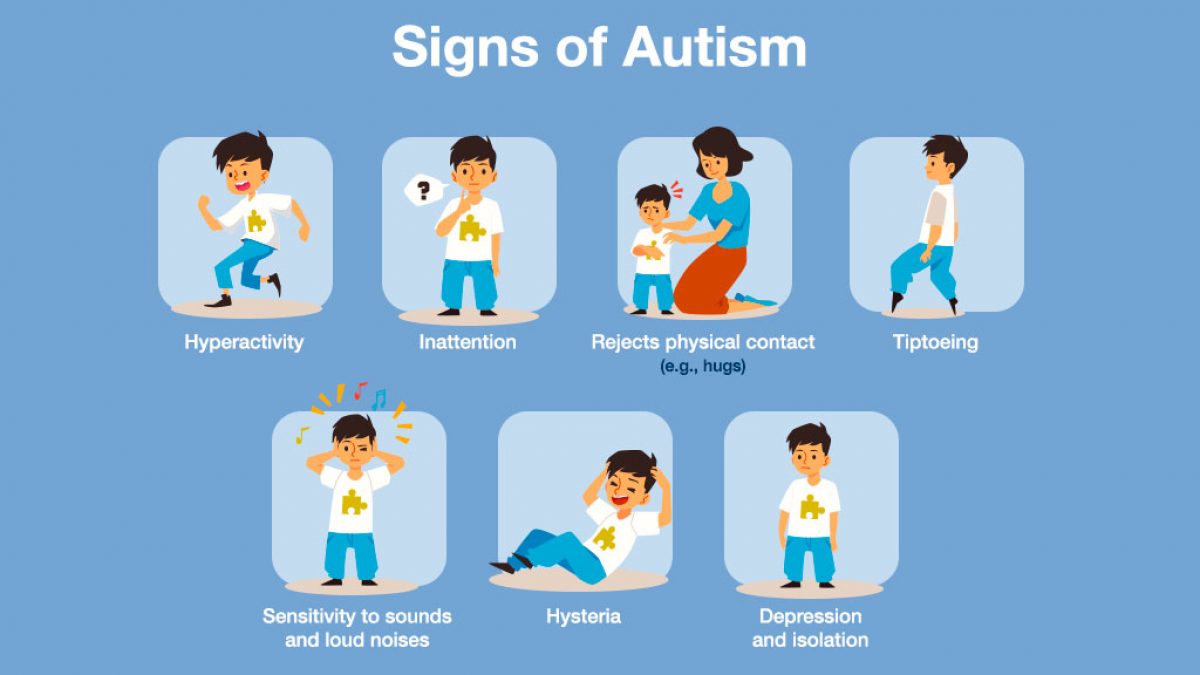How peer relationships can flourish with guidance from Autism Spectrum Therapies specialists
How peer relationships can flourish with guidance from Autism Spectrum Therapies specialists
Blog Article
Secret Indications and Signs to Acknowledge in People With Behavior Autism
When you encounter someone with behavioral autism, recognizing vital indicators and signs and symptoms is vital. Additionally, sensory sensitivities can lead to overwhelming experiences.
Challenges in Social Interactions
When you connect with a person on the autism spectrum, you could notice they have problem with social signs and communication. These obstacles can make social communications feel frustrating for them. You might see them avoiding eye call or standing too close or too far away during conversations, which can develop misunderstandings. They might not pick up on body movement or facial expressions, making it harder for them to gauge how others are really feeling.
Additionally, you may discover that they favor regimens and familiar settings, which can restrict their willingness to involve in new social circumstances. They may speak about their passions in wonderful information without discovering if you're interested when they do involve. This can lead to discriminatory discussions that leave you feeling detached. Understanding these challenges can assist you approach communications with compassion and patience, promoting a more comfy setting for both of you.
Trouble With Verbal and Non-Verbal Interaction

Acknowledging these indicators is necessary, as it aids you much better assistance and engage with individuals on the autism spectrum. By recognizing their communication difficulties, you can foster extra purposeful connections and offer a more supportive setting.
Repeated Habits and Routines
Communication challenges often accompany other indications of autism, such as repetitive behaviors and a solid choice for regimens. You could see that people with autism often take part in certain, repeated actions, like hand-flapping, rocking, or duplicating phrases. These behaviors can give convenience and a feeling of control in a commonly overwhelming world.
When they comply with a structured routine,Routines are just as important; several people flourish. You might locate that adjustments to these routines can result in considerable distress. If they have an everyday ritual of eating morning meal at a particular time or adhering to a certain route to school, any kind of interruption can cause anxiousness.
Acknowledging these patterns helps you recognize their actions and give support. By suiting their need for regular and enabling recurring activities, you can produce a much more comfy atmosphere that alleviates their challenges.
Sensory Sensitivities

Usual Sensory Triggers
Sensory level of sensitivities can significantly affect everyday life for people with autism, as certain stimulations commonly activate frustrating responses. Common sensory triggers consist of loud noises, intense lights, and solid scents. You might notice that abrupt audios, like sirens or alarms, trigger anxiousness or distress. Fluorescent lights in stores can feel unpleasant and severe. Structures can additionally play a substantial duty; rough textiles or particular food structures may be intolerable for you. Additionally, crowded areas can overwhelm your senses, making it hard to focus or relax. Understanding these triggers can help you manage your setting much better. By recognizing what affects you, you can take actions to lessen navigate here discomfort and enhance your everyday experiences.
Behavioral Feedbacks Clarified
Comprehending your behavior actions to sensory sensitivities is important, as they frequently reveal how you communicate with the globe. You may additionally locate yourself seeking details sensory experiences, like deep stress or silent environments, to aid ground on your own. Recognizing these patterns aids you recognize your requirements much better and can direct just how you connect them to others.
Coping Techniques Review
Acknowledging your sensory level of sensitivities is simply the primary step; now it's time to check out coping strategies that can assist you handle those experiences properly. Beginning by developing a sensory toolkit customized to your requirements. This could consist of noise-canceling earphones, fidget toys, or soothing aromas. Establishing a structured routine can likewise offer predictability, lowering anxiousness around sensory overload. When you really feel overwhelmed, take breaks in a quiet area to collect yourself. Exercising mindfulness methods such as deep breathing can help ground you in the moment. Furthermore, connect your requirements with those around you; having supportive family and friends can make a significant difference. Remember, locating what works finest for you might require time, so be patient and open to trying new techniques.
Limited Passions and Focus
While numerous individuals develop a wide variety of passions, those with autism commonly show limited interests and an intense focus on certain subjects. You may observe that a person with autism can spend hours diving right into their preferred subject, whether it's a specific sort of train, a particular motion picture, or a clinical idea. This intense emphasis isn't simply a leisure activity; it can end up being a central component of their identification and social communications.
You may find that conversations rotate around these passions, and they might have a hard time to engage in wider subjects. By comprehending and recognizing these limited interests, you can cultivate a helpful environment where they really feel valued and understood, permitting for even more purposeful connections and communications.
Emotional Guideline Problems
People with autism commonly encounter difficulties in emotional guideline, which can be affected by their extreme concentrate on certain rate of interests. You might notice that when an individual is deeply participated in a favored task, they can experience strong emotions, whether exhilaration or aggravation. When points do not go as intended., this strength sometimes makes it tough for them to move equipments or handle their sensations - Aba Therapist.

Irregularity in Developmental Turning Points
When it comes to developmental milestones, you'll discover that people with autism usually show a vast array of irregularity. You could see a youngster succeed in language abilities but struggle with social interactions.
It's necessary to acknowledge that each person's journey is unique. Some may create complicated skills early, just to deal with difficulties later on. Others could take longer to attain standard milestones however then thrive official statement in details areas. Observing these patterns can aid you recognize their staminas and needs better.
Frequently Asked Inquiries
Exactly How Is Autism Identified in Kid and Grownups?
To identify autism Get More Info in youngsters and adults, experts review actions, interaction abilities, and social communications. If a specific fulfills the standards for autism range disorder., they frequently use standardized tests, meetings, and monitorings to figure out.
Are There Different Sorts Of Autism Range Disorders?
Yes, there are different sorts of autism spectrum conditions, consisting of Asperger's syndrome and pervasive developmental disorder-not or else specified. Each type differs in extent and qualities, so understanding these distinctions can help you far better support individuals with autism.
What Therapies Work for People With Autism?
When taking into consideration efficient treatments for individuals with autism, you'll find options like Applied Actions Analysis, speech therapy, and occupational therapy. Each technique can aid enhance communication, social skills, and everyday operating customized to individual requirements.
Can Individuals With Autism Lead Independent Lives?
Yes, people with autism can lead independent lives. With the ideal support, skills training, and resources, you can aid them create self-sufficiency, handle daily tasks, and grow in different atmospheres, promoting their self-reliance.
How Can Households Assistance Loved Ones With Autism?
You can sustain your liked ones with autism by producing a structured environment, encouraging their passions, exercising perseverance, fostering interaction, and advertising social skills. Commemorate their success, no matter exactly how little, and build a helpful area.
Although many individuals on the autism range can recognize and utilize language, they often encounter considerable challenges with both spoken and non-verbal interaction. Identifying these indicators is essential, as it aids you much better support and involve with people on the autism spectrum. You might discover that individuals with autism usually engage in particular, repeated actions, like hand-flapping, rocking, or repeating expressions.Sensory sensitivities can substantially affect everyday life for people with autism, as certain stimuli commonly activate overwhelming responses.When it comes to developmental landmarks, you'll discover that individuals with autism commonly show a wide array of variability.
Report this page